Heat Exchangers: Innovating Efficiency in Thermal Solutions
$100,000
Heat exchanger items are devices that transfer heat between two or more fluids without mixing them. They are employed in a variety of applications to manage temperature and energy transmission, hence enhancing the efficiency of heating, cooling, and industrial processes. Common varieties include shell and tube, plate, and air-cooled heat exchangers, each designed to satisfy unique operational requirements in industries such as HVAC, chemical processing, and power generation.
Heat exchangers are crucial in a variety of industries, delivering significant benefits that improve efficiency and performance. This is how they help:
- Temperature Regulation: They keep industrial operations at ideal temperatures, ensuring that equipment functions safely and preventing overheating, which can cause equipment failure.
- Process Optimization: By providing precise temperature control, heat exchangers improve the efficiency of chemical reactions and manufacturing processes, potentially increasing product yield and quality.
- Energy Efficiency: Heat exchangers minimize energy waste by recovering and transferring heat across fluids, which lowers operating costs and energy consumption throughout processes.
- Environmental Sustainability: Heat exchangers assist enterprises satisfy sustainability objectives and regulatory requirements by lowering emissions and increasing energy efficiency.
- Versatility: Heat exchangers are essential for a wide range of operations because they can be tailored to meet the needs of many industries, including food and beverage, oil and gas, pharmaceuticals, and HVAC.
- Cooling and Heating Solutions: Heat exchangers control heat loads in heavy industries and power generation, guaranteeing equipment runs safely and effectively and increasing uptime and reliability.



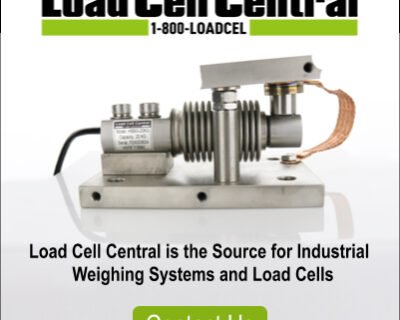




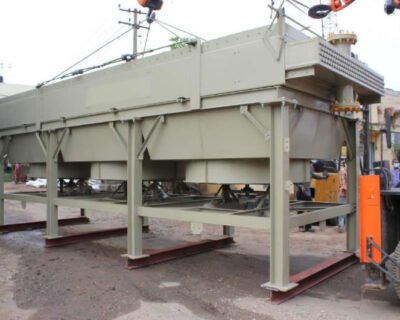
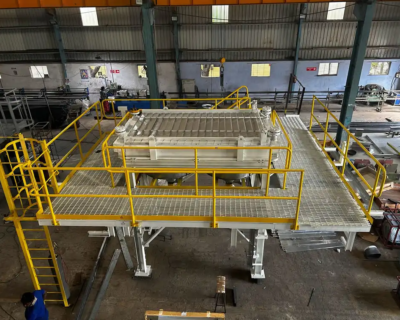

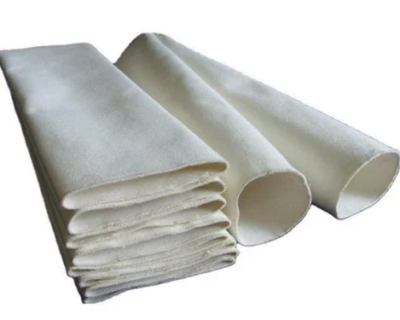
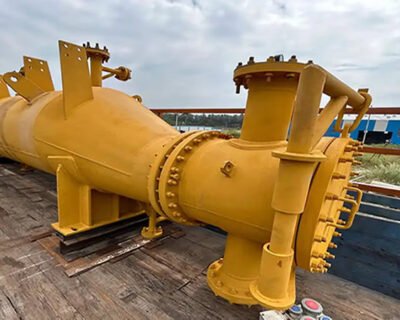






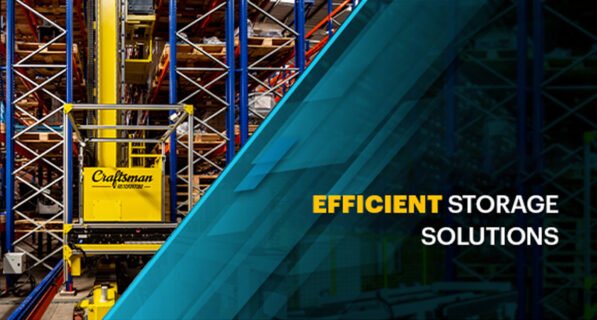

Leave a Comment